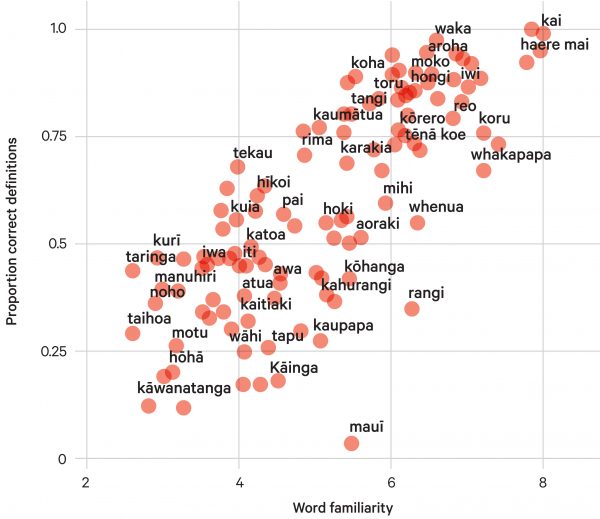Bags not!
In New Delhi, carrying a plastic bag can get you thrown in jail. In South Korea, you could be covertly filmed and turned in to the authorities.

Increasingly, towns and cities all over the world—in Australia, Taiwan, Tanzania, Rwanda, India and Bangladesh—are banning plastic bags. In New Zealand, it’s the small communities that are most proactive, such as Collingwood in Golden Bay, where retailers agreed to phase out plastic shopping bags back in 2004, taking a lead from the Tasmanian hamlet of Coles Bay. Kaikoura has followed suit.
Taxes also seem to discourage plastic bag use. A 2007 survey found that customers at North Island branches of Pak’n Save, which charge 10c a bag, used a third fewer than shoppers at other supermarkets. A 10c charge by DIY giant Bunnings in Australia saw bag use plummet by 99 per cent.
Nationally, a 20 per cent voluntary reduction campaign—144 million fewer bags—is on target. The Packaging Accord—signed in 2004 by The Warehouse, Progressive Enterprises/ Woolworths and Foodstuffs—has so far resulted in 100 million shopping bags taken out of circulation.
Environmentalists want the government to go further, but retailers here oppose a tax or ban, saying the voluntary reduction is enough. “It seems to be a bit of a nonsense when you consider that plastic bags only comprise 0.2% of the waste stream,” says the Retailers Association’s Barry Helberg. “There are far more [pressing] environmental issues facing New Zealand than plastic bags.”
Perhaps, although according to Zero Waste, a waste consultancy firm, it’s not just about the proportion of plastic bags in the waste stream that matters. Plastic shopping bags are used on average for 20 minutes, after which around a billion a year go to New Zealand landfills, where they persist in soil for up to 1000 years. Those that aren’t sent to landfills create other environmental problems. Bangladesh, the first country to ban plastic bags in 2002, did so largely on the grounds that they were clogging up drains during the monsoon, providing breeding grounds for disease. Plastic bags also create demand for oil, which is used in their production.
But local retailers are adamant that banning or taxes are unnecessary, that the decision is up to consumers. Says Barry Helberg: “If people don’t want to take plastic bags, all they’ve got to say is they don’t want to take them.”

















